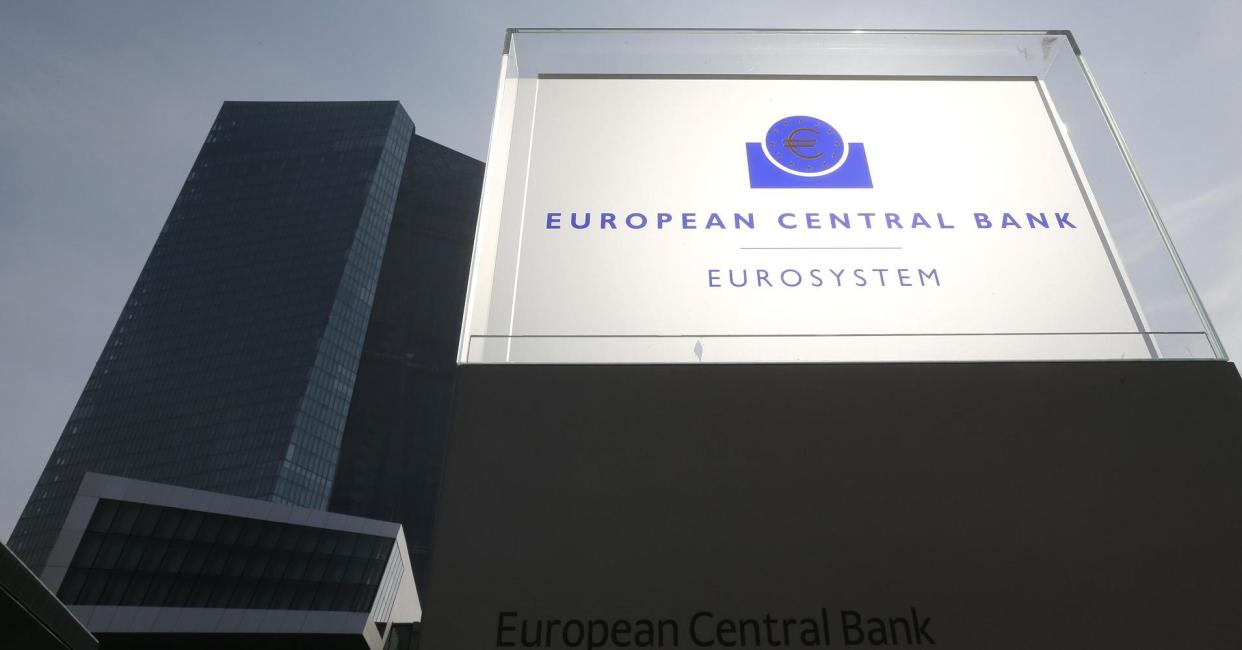ECB in hot water over market-moving speech

The European Central Bank (ECB) is set to be investigated after a speech made by a top official last week was criticized for releasing market-sensitive information to a limited audience.
Benoit Coeure, a member of the ECB's Executive Board, said in a talk late Monday that the central bank would "front-load" its trillion-euro bond-buying program during the summer months to counteract weak liquidity. The audience at the event in London included academics, policymakers and practitioners.
However, the transcript of these comments was not published by the ECB until around 7 a.m. London time the following morning - when it caused the euro (Exchange: EUR=) to plunge by around 1 percent against the dollar. Thus, investors who heard the speech live had around 12 hours to react to the news ahead of the single currency's fall.
In a letter to the President of the European Central Bank, Mario Draghi, on Thursday, the European Ombudsman said that it would be investigating the incident.
"I should be grateful if the ECB could provide a more detailed account of the incident in question and in particular of the measures it has taken to avoid a similar incident occurring in the future, so as to enable me to ascertain whether there is any need for action on my part," Emily O'Reilly, the European Ombudsman, said in the letter.
O'Reilly's role is to investigate the administration at European Union institutions and she urged the ECB to give her a "public" response within two weeks.
The day after Coeure's speech, an ECB spokesperson told CNBC via email that it had intended to publish the speech when it was delivered, but did not because of an "internal procedural error." Grumbles from the international investment community have been growing with analysts telling CNBC that some may have profited from their head start on the euro's plunge.
The central bank also announced last week that it would stop sending embargoed copies of speeches to journalists. It did stress, however, that this issue had been under consideration for several months.
It's not the first time that questionable links between central banks and market participants have surfaced. A report by U.S. Federal Reserv e staff in 2012, for instance, concluded that a leak of information from a closed Fed policy meeting was due to "unintentional or careless" contact between officials and the press and a brokerage firm.
Follow us on Twitter: @CNBCWorld
More From CNBC


